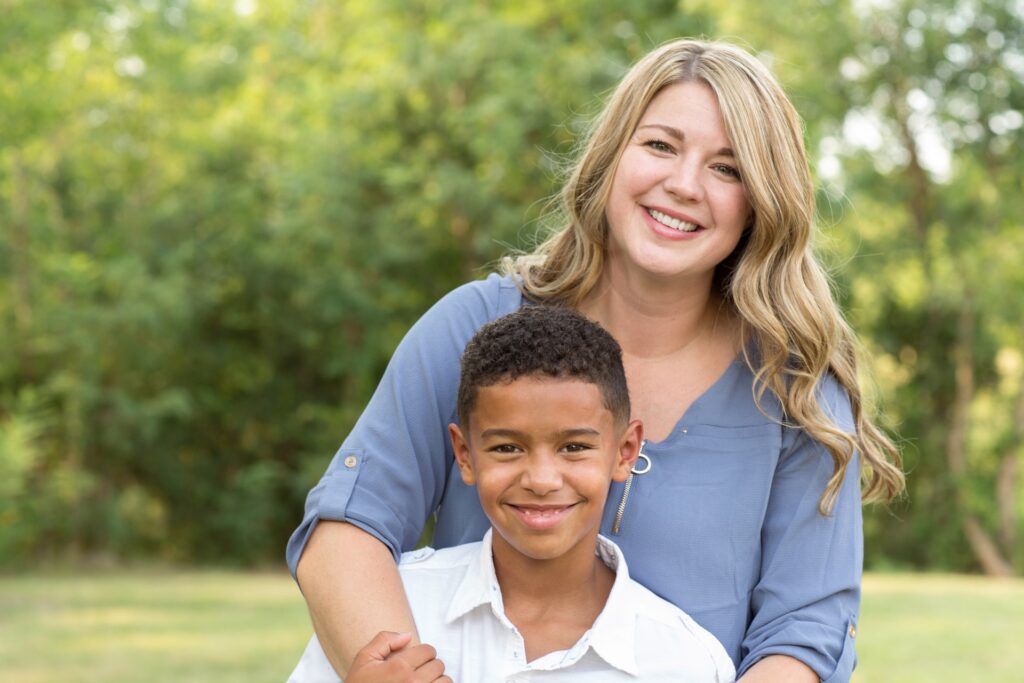As nice as it would be to take your money with you when you pass away, you just can’t. This poses some unique challenges for the people who are now dealing with your leftover funds. One of the most common challenges people face is dealing with these leftover funds in a Registered Retirement Savings Plan or RRSP. While life insurance for young couples can help deal with the financial side of this, there are still many more financial details that complicate this process.
We go into detail about what this process looks like below and how to navigate it.
 How Taxes Impact Your RRSP
How Taxes Impact Your RRSP
Taxes are really the main bone of contention when it comes to RRSPs. How they are applied to the RRSP funds before you’re able to get control of them really depends on the type of beneficiary.
Generally, the value of the RRSP or RRIF at the date of death is included in the income of the deceased for the tax return for the year of death.
However, in Canada, the are three exceptions. If the beneficiary is one of the following, the tax can be deferred:
- A spouse (this also includes partners who are considered common-law spouses)
- A financially dependent child or grandchild under eighteen years old.
- A financially dependent infirm child or grandchild
Life, Death, and Taxes on RRSPs: What Happens When a Spouse Is a Beneficiary?
If you named your spouse as a beneficiary, the amount that was left in your RRSP will simply roll over into their RRSP without any tax consequences.
Obviously, this is the most ideal situation. You can avoid dealing with any kind of tax penalties and receive the RRSP in full.
Therefore, if you can name a spouse as your beneficiary and you feel comfortable doing so, definitely do it.
 What Happens When a Financially Dependent Child Is a Beneficiary?
What Happens When a Financially Dependent Child Is a Beneficiary?
If a child is under eighteen and they are a beneficiary, then the tax can be rolled into an annuity. Well, at least until they are eighteen anyway.
For example, let’s say Matthew is ten years old and receives this RRSP money. He can then have the tax on that money rolled into an annuity for the next eight years until he turns eighteen.
For infirm children (kids who need significantly more help with their personal needs than other kids, like those with mental disabilities) the process is slightly different.
In this case, an RRSP can be set up for them to deposit the RRSP money from the person who passed away. The money will then only be taxed if there are any funds withdrawn.
Should You List Your Estate as a Beneficiary?
There are several reasons why you shouldn’t list your estate as a beneficiary to an RRSP. Namely, the RRSP amount becomes fully taxable to the estate.
That’s gross.
Secondly, if your RRSP has your estate as a beneficiary it’s subject to probate fees.
Super gross.
Basically, you’re getting hit with deductions from your RRSP on both sides. Not fun. Thus, avoid naming your estate as a beneficiary of your RRSP if it’s at all possible.
RRSPs can quickly become tangled in tax traps if your spouse isn’t named as the beneficiary. Be mindful of this when considering who you want your beneficiary to be to make the best possible choice to give your loved ones a secure financial future.



 How Taxes Impact Your RRSP
How Taxes Impact Your RRSP What Happens When a Financially Dependent Child Is a Beneficiary?
What Happens When a Financially Dependent Child Is a Beneficiary?